All In a Word
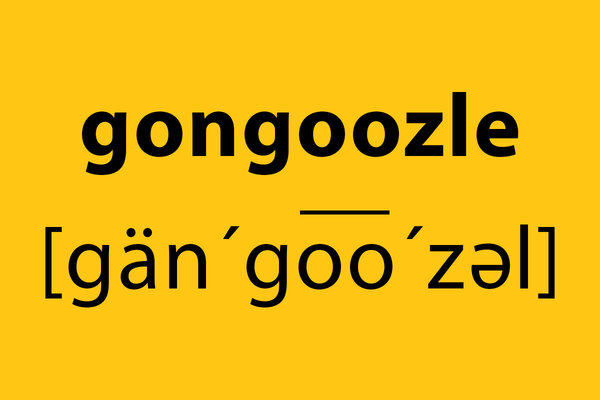 Have you tried ‘gongoozling’ and other hobbies?Many hobbies – from gongoozling to scutelliphily – have odd names. But there's also a linguistic reasoning behind them.
Have you tried ‘gongoozling’ and other hobbies?Many hobbies – from gongoozling to scutelliphily – have odd names. But there's also a linguistic reasoning behind them.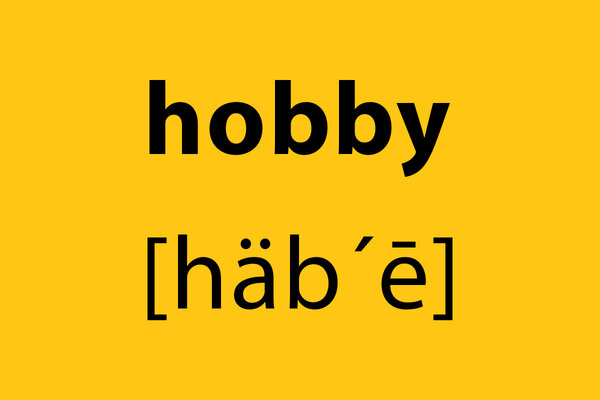 A ‘hobby’ wasn’t always considered a good thingIn the 19th century, as middle-class leisure time increased, it became fashionable to pursue activities that would have previously seemed frivolous.
A ‘hobby’ wasn’t always considered a good thingIn the 19th century, as middle-class leisure time increased, it became fashionable to pursue activities that would have previously seemed frivolous.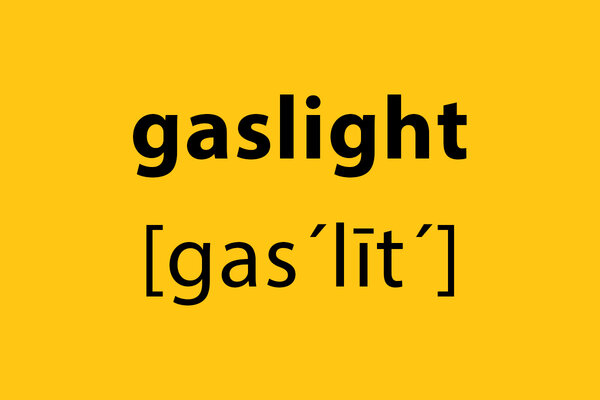 How ‘gaslighting’ became a common accusationInstead of two people discussing where their perceptions of reality might differ, accusations of "gaslighting" shut down the conversation entirely.
How ‘gaslighting’ became a common accusationInstead of two people discussing where their perceptions of reality might differ, accusations of "gaslighting" shut down the conversation entirely.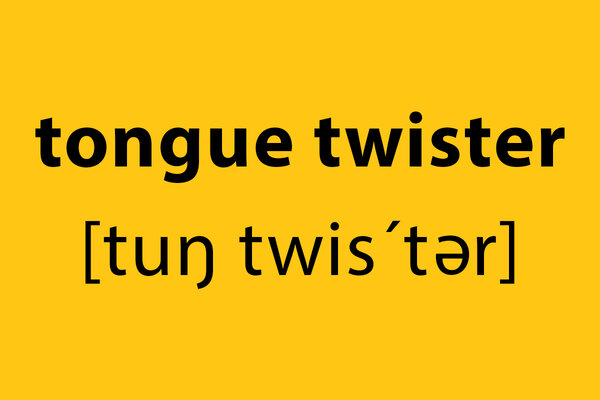 How tongue twisters delight word lovers across the globeAccording to Guinness World Records, the most challenging English tongue twister is “The sixth sick sheikh’s sixth sheep’s sick.”
How tongue twisters delight word lovers across the globeAccording to Guinness World Records, the most challenging English tongue twister is “The sixth sick sheikh’s sixth sheep’s sick.”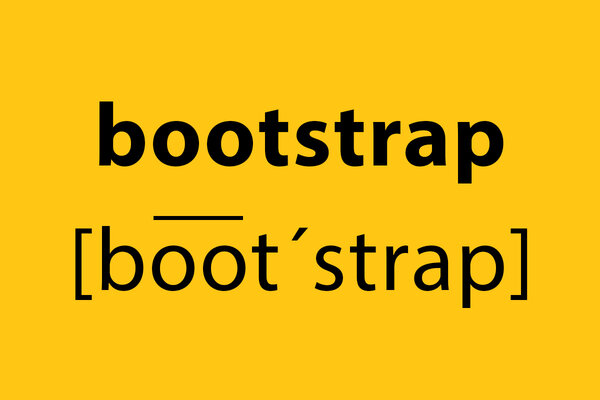 How the ‘bootstrap’ idiom became a cultural idealWhat's in a phrase? How "pulling yourself up by your bootstraps" went from describing an absurd, impossible feat to an American ideal.
How the ‘bootstrap’ idiom became a cultural idealWhat's in a phrase? How "pulling yourself up by your bootstraps" went from describing an absurd, impossible feat to an American ideal.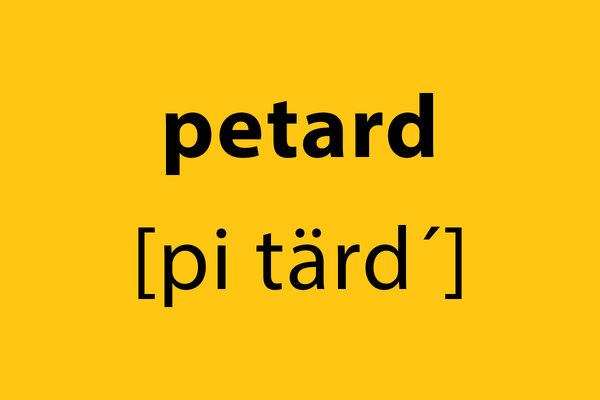 The explosive origin of ‘hoist by one’s own petard’Former New York Gov. Andrew Cuomo has been “hoist on his own petard." But what, exactly, does that phrase mean?
The explosive origin of ‘hoist by one’s own petard’Former New York Gov. Andrew Cuomo has been “hoist on his own petard." But what, exactly, does that phrase mean?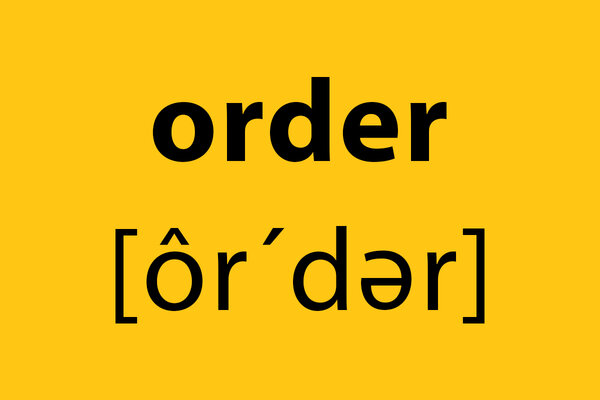 Explaining the ‘royal order’ of adjective placementIt's a “big black dog” and not a “black big dog" – but why? Parsing the grammar that native English speakers know, but don’t know we know.
Explaining the ‘royal order’ of adjective placementIt's a “big black dog” and not a “black big dog" – but why? Parsing the grammar that native English speakers know, but don’t know we know.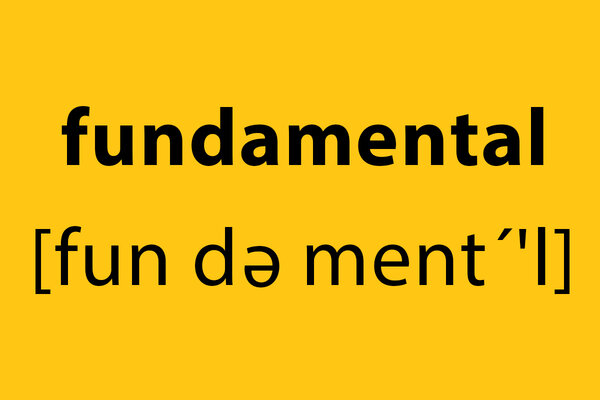 Curbing our use of the ‘fundamentalist’ labelThe word's connotations can lead to the dismissal of certain ideologies, closing off the chance to dig into understanding why people might hold them.
Curbing our use of the ‘fundamentalist’ labelThe word's connotations can lead to the dismissal of certain ideologies, closing off the chance to dig into understanding why people might hold them.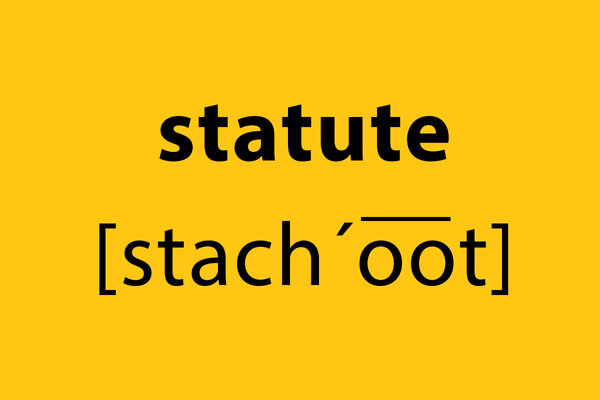 What makes ‘statue’ and ‘statute’ so alike?These words are indeed similar – and swapping the the word statue for statute would not have been an error in the Middle Ages.
What makes ‘statue’ and ‘statute’ so alike?These words are indeed similar – and swapping the the word statue for statute would not have been an error in the Middle Ages.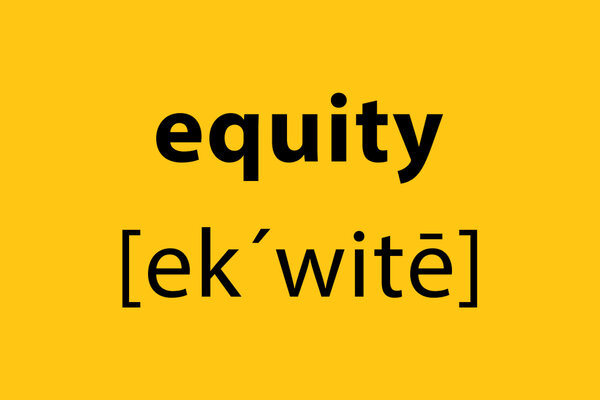 Democrats prize ‘equity,’ GOP prefers ‘equality'As Democrats promote 'equity,' Republicans decry it as a mutation of 'equality.' But can both words – and parties – have the common good in mind?
Democrats prize ‘equity,’ GOP prefers ‘equality'As Democrats promote 'equity,' Republicans decry it as a mutation of 'equality.' But can both words – and parties – have the common good in mind?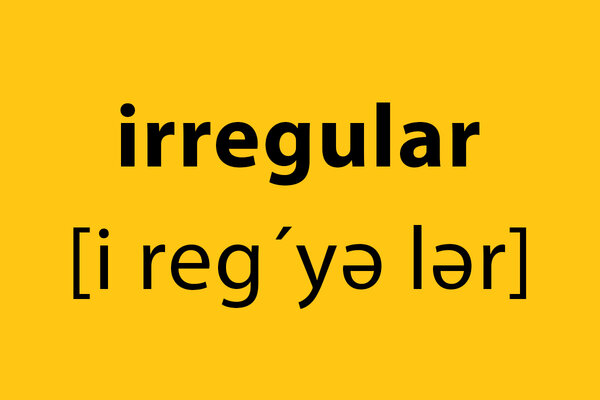 How monks and typesetters caused weird spellingsIn her new book, “Highly Irregular," linguist Arika Okrent dives into English's hard questions – like why "tough," "through" and "dough" don't rhyme.
How monks and typesetters caused weird spellingsIn her new book, “Highly Irregular," linguist Arika Okrent dives into English's hard questions – like why "tough," "through" and "dough" don't rhyme. The history of ‘competition’ won’t cooperateIt's possible to argue the roots of 'competition' imply some sort of cooperation. But the word's history is all about defeating an opponent.
The history of ‘competition’ won’t cooperateIt's possible to argue the roots of 'competition' imply some sort of cooperation. But the word's history is all about defeating an opponent.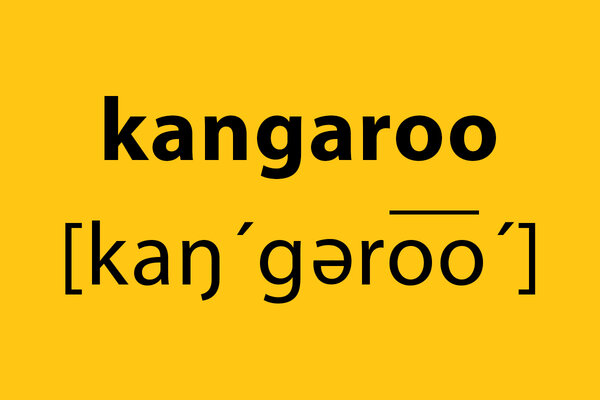 Like puzzles? Try searching for ‘kangaroo words.’There is no etymological basis behind 'kangaroo words' – words with letters that, rearranged, can create synonyms to the host word. But they're fun.
Like puzzles? Try searching for ‘kangaroo words.’There is no etymological basis behind 'kangaroo words' – words with letters that, rearranged, can create synonyms to the host word. But they're fun.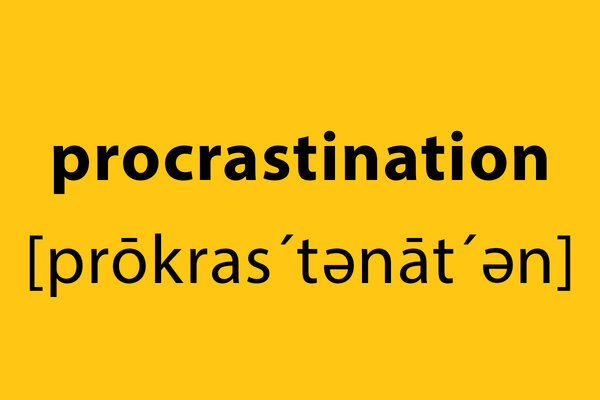 The more productive side of ‘procrastination’Procrastination can be a bad thing. But Latin also has another word, otium, for doing things that enrich one’s life but don’t further one’s career.
The more productive side of ‘procrastination’Procrastination can be a bad thing. But Latin also has another word, otium, for doing things that enrich one’s life but don’t further one’s career.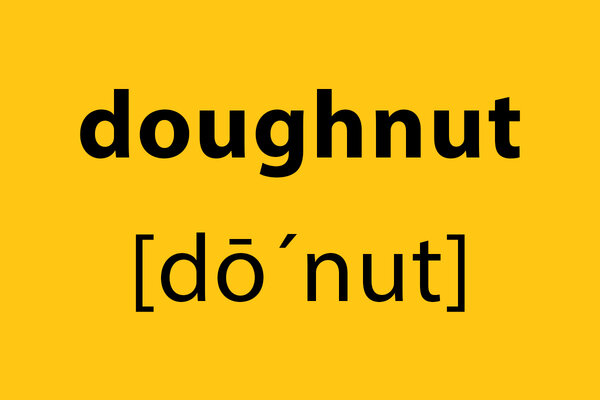 Did JFK really call himself a doughnut? It’s a great story.Embarazada means pregnant, not embarrassed. A Berliner is a man – and a pastry. And how did we get the name for the Yucatán Peninsula? We don't know.
Did JFK really call himself a doughnut? It’s a great story.Embarazada means pregnant, not embarrassed. A Berliner is a man – and a pastry. And how did we get the name for the Yucatán Peninsula? We don't know.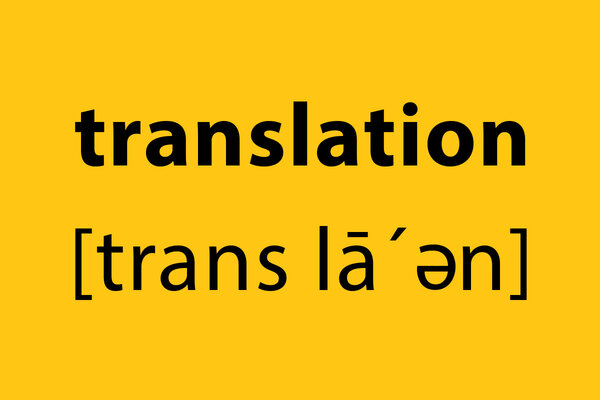 ‘Translation fails’ thrive on the webThe internet collects mistranslations found on T-shirts, menus, and instructions for tourists around the world. But there's beauty in those failures.
‘Translation fails’ thrive on the webThe internet collects mistranslations found on T-shirts, menus, and instructions for tourists around the world. But there's beauty in those failures.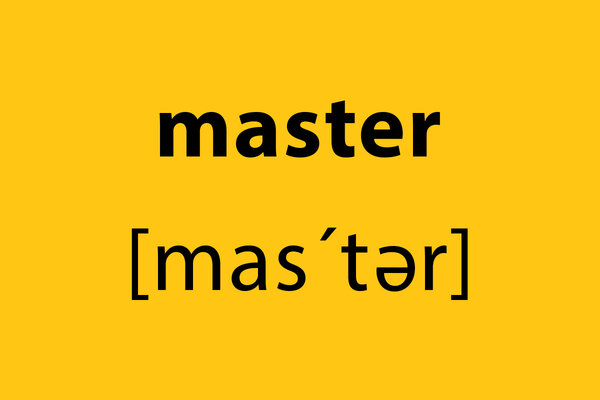 As English evolves, so too does the word ‘master’Some Americans are uncomfortable with a word that, despite its long history, conjures images of plantation slavery. Others object to the objections.
As English evolves, so too does the word ‘master’Some Americans are uncomfortable with a word that, despite its long history, conjures images of plantation slavery. Others object to the objections.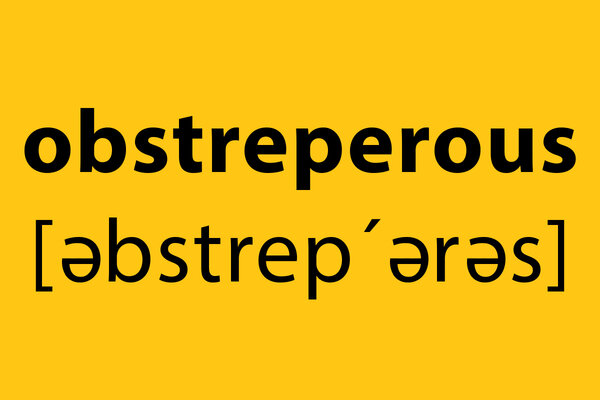 Obstreperous: A jovial word with an ominous back storyIt's a learned, yet folksy, way to describe someone as unruly or troublesome. Its roots are innocuous, but it was also used to describe slaves.
Obstreperous: A jovial word with an ominous back storyIt's a learned, yet folksy, way to describe someone as unruly or troublesome. Its roots are innocuous, but it was also used to describe slaves.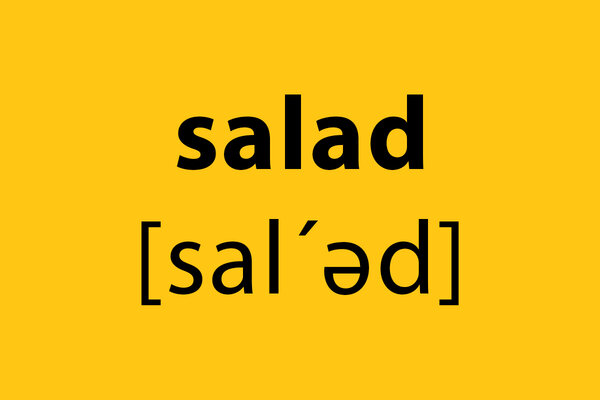 A clear definition of ‘salad’ is not easily tossed offThe first English recipe for a salad, from 1425, directs the chef to assemble 14 vegetables and herbs. How did that evolve to fruit salad, or tuna?
A clear definition of ‘salad’ is not easily tossed offThe first English recipe for a salad, from 1425, directs the chef to assemble 14 vegetables and herbs. How did that evolve to fruit salad, or tuna?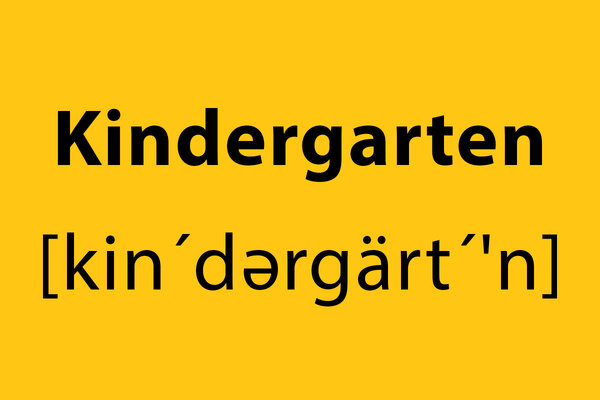 ‘Kindergarten’ survived the ban on German wordsKindergarten signifies both a garden for children, where they can play, and also a garden of children, where they can grow and develop.
‘Kindergarten’ survived the ban on German wordsKindergarten signifies both a garden for children, where they can play, and also a garden of children, where they can grow and develop.



